black holes
Latest about black holes
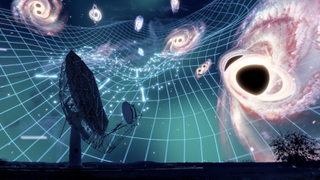
The fabric of the universe is 'lopsided', huge gravitational wave mapping study finds
By Matthew Miles, Rowina Nathan published
A new effort to map the rumblings in spacetime caused by enormous black hole collisions paints a surprisingly loud and lopsided picture of the universe.
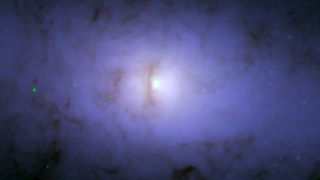
NASA's Hubble and Chandra telescopes discover a strange 'sideways' black hole in a cosmic crime scene
By Robert Lea published
What knocked this black hole over onto its side? It's a cosmic "whodunnit" that NASA scientists using the Hubble and Chandra space telescopes are trying to solve.
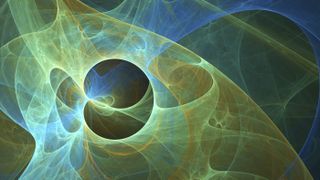
'There's no real competitor': Theoretical physicist Marika Taylor on how black holes could help us to find a theory of everything
By Ben Turner published
String theory remains our best candidate for a theory of everything, but where can it be tested? By studying black holes, says Marika Taylor.
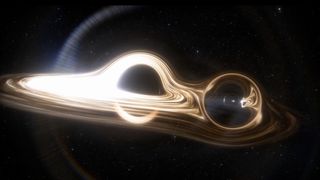
Scientists followed a mysterious signal — and found 2 black holes gorging on something like never before
By Andrey Feldman published
While investigating a mysterious radiation signal unlike any seen before, astronomers may have uncovered a rare pair of binary supermassive black holes with a truly monstrous appetite.
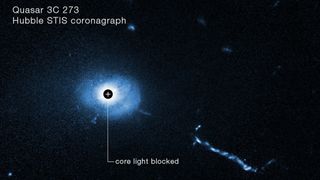
Scientists spot 'L-shaped structures' and 'weird things' near monster black hole in epic new Hubble telescope images
By Joanna Thompson published
New Hubble Space Telescope images of a black hole-powered quasar reveal 'weird' structures and gigantic jets of energy that scientists are just beginning to explain.
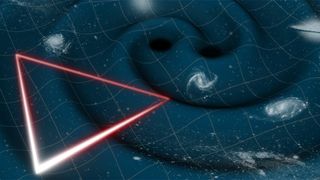
Black hole paradox that stumped Stephen Hawking may have a solution, new paper claims
By Paul Sutter published
As black holes slowly vanish through Hawking radiation, their information may be preserved in subtle space-time ripples, a new theory suggests.
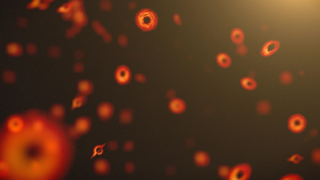
Miniature black holes could be hollowing out planets and zipping through our bodies, new study claims
By Ben Turner published
Some physicists say the lingering questions about our universe could be solved by hypothetical objects called primordial black holes. New research claims the evidence of their existence could be right here on Earth.
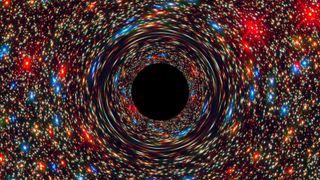
Black hole quiz: How supermassive is your knowledge of the universe?
By Ian Stokes published
Quiz Black holes have captivated scientists for more than a century. How well do you know these supermassive wonders of the universe?
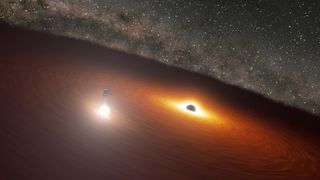
'Impossible' black holes discovered by the James Webb telescope may finally have an explanation
By Paul Sutter published
Peculiar James Webb Space Telescope observations seem to show gargantuan black holes in the earliest moments of the universe. New research may explain how they formed, thanks to primordial "seeds".
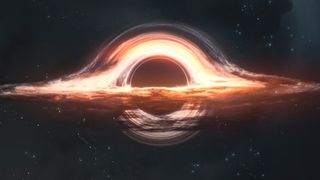
'Webb has shown us they are clearly wrong': How astrophysicist Sophie Koudmani's research on supermassive black holes is rewriting the history of our universe
By Ben Turner published
How did supermassive black holes get big so fast? Astrophysicist Souphie Koudmani tells us how she and her colleagues are finding out.
Sign up for the Live Science daily newsletter now
Get the world’s most fascinating discoveries delivered straight to your inbox.
